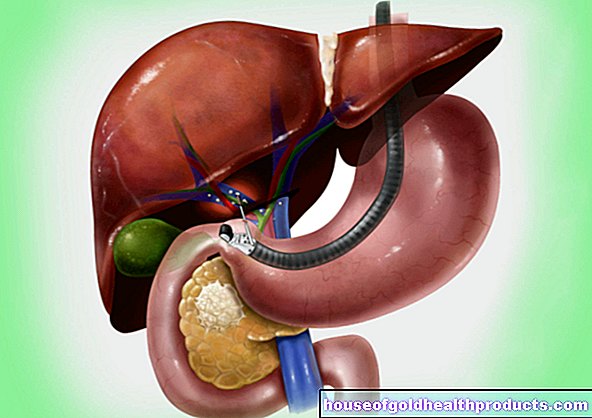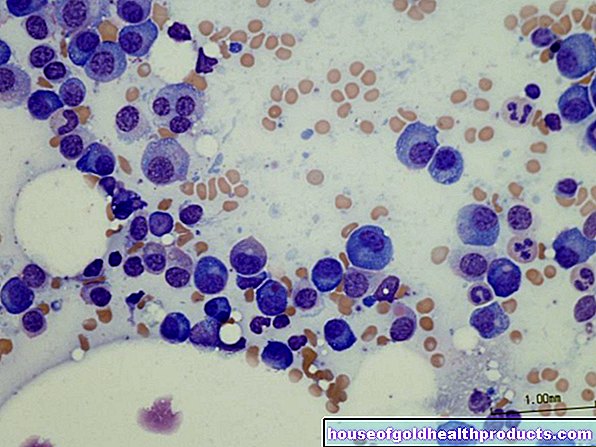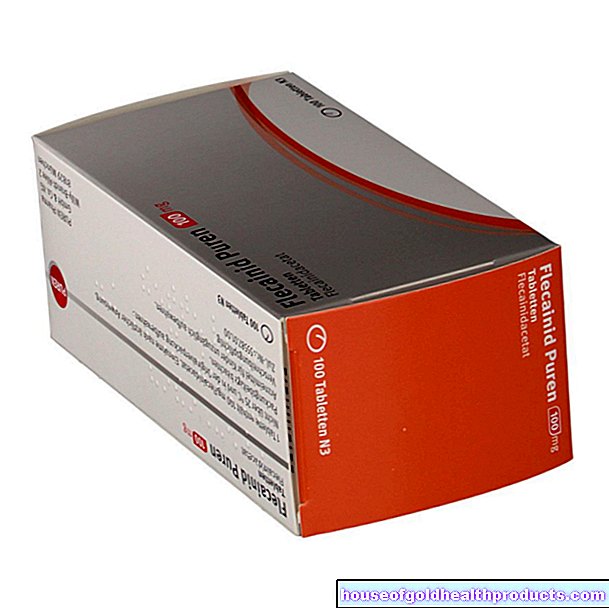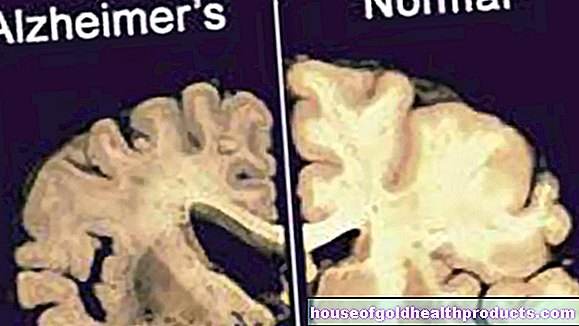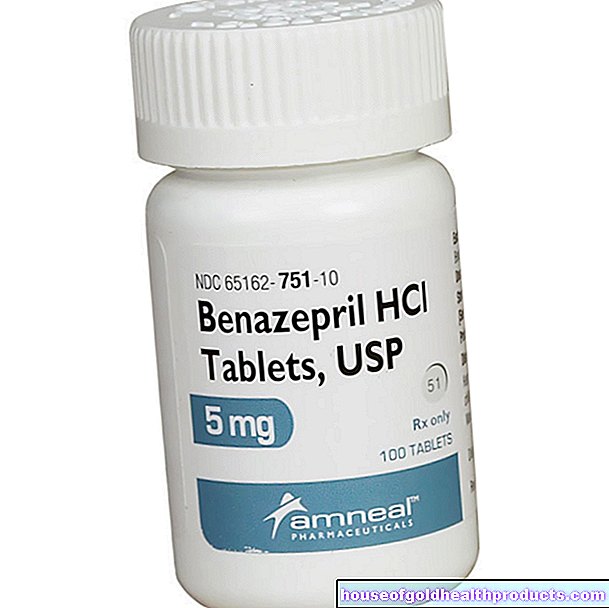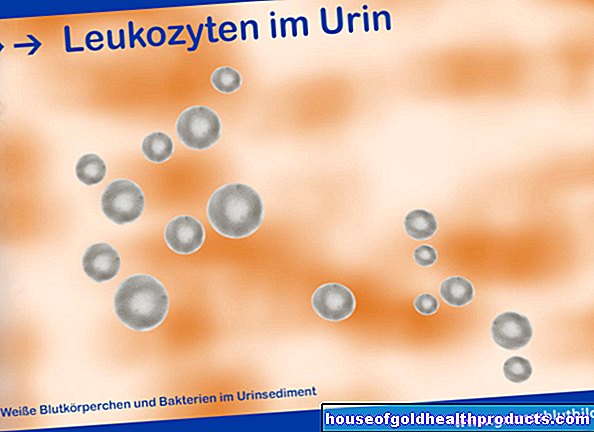NSAID pain relievers: Risky for the heart if you have a cold
Larissa Melville completed her traineeship in the editorial team of . After studying biology at Ludwig Maximilians University and the Technical University of Munich, she first got to know digital media online at Focus and then decided to learn medical journalism from scratch.
More about the experts All content is checked by medical journalists.Painkillers are often taken with a flu-like infection: They relieve headache and body aches and lower the fever. However, this application practice can be risky: some of the active ingredients multiply the risk of heart attack in the event of a respiratory tract infection.
These are drugs from the group of so-called non-steroidal anti-inflammatory drugs (NSAIDs). They include many well-known, also over-the-counter pain relievers such as ibuprofen, acetylsalicylic acid (ASA), naproxen and diclofenac.
It has long been known that taking them is associated with a higher risk of heart attack - to varying degrees, depending on the active ingredient. It is also known that a respiratory infection increases the risk to the heart. But how risky is the combination of both risk factors?
Dangerous combination
Cheng-Chung Fang and his team from the National Taiwan University Hospital examined this for the first time. The researchers evaluated data from almost 10,000 patients who had been hospitalized for a heart attack. They compared heart attack patients who had taken NSAIDs during a respiratory illness with heart attack patients to whom neither one nor the other applied.
It turned out that the combination of a cold and painkillers apparently significantly increases the risk of a heart attack - by 3.4 times. Even more at risk, however, are patients who receive the medication intravenously: Then the risk of suffering a heart attack is seven times as high as usual. Those who only had a cold had a 2.7 times higher risk, taking NSAIDs alone increased it by 1.5 times.
Switch to other pain relievers
"Doctors must be aware that the use of NSAIDs during an acute respiratory infection increases the risk of a heart attack significantly," says study leader Fang. Anyone with a cold should speak to a doctor or pharmacist before taking NSAIDs, he adds. Other agents, such as paracetamol, could be a possible alternative. However, the effect of this active ingredient on the risk of infarction was not examined more closely in the course of the study, said Fang.
How exactly the two factors interact and whether certain NSAIDs are safer than others still needs to be investigated, the study authors also write. Acetylsalicylic acid, for example, is even used to prevent heart attacks because of its blood-thinning effect.
Clogged blood vessel
According to statistics from the Robert Koch Institute, around 280,000 people in Germany suffer a heart attack every year. It occurs when a blood clot blocks a blood vessel in the heart. The heart muscle is then no longer supplied with oxygen and nutrients. If the blood circulation is not restored within a very short time, the affected muscle tissue dies.
Sources:
Yao-Chun Wen et al .: Acute Respiratory Infection and Use of Nonsteroidal Anti-Inflammatory Drugs on Risk of Acute Myocardial Infarction: A Nationwide Case-Crossover Study. Journal of Infectious Diseases, DOI: 10.1093 / infdis / jiw603
Press release of the Infectious Diseases Society of America dated 02/02/2017: Common Pain Relievers May Increase Heart Attack Risk During Respiratory Infections
Tags: fitness teenager smoking

-infektion.jpg)
